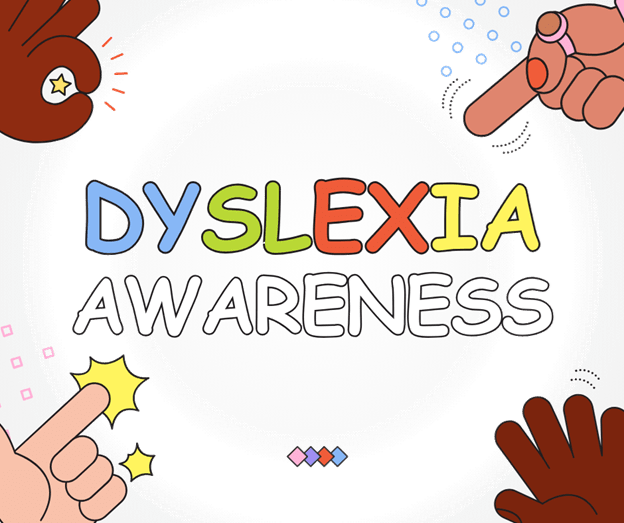What is Dyslexia
Dyslexia is a learning disorder that affects a person’s ability to read and write. It is not related to intelligence, but rather to how the brain processes language. Dyslexia is not related to intelligence. People with dyslexia are just as intelligent as people without dyslexia. However, dyslexia can make it difficult for people to learn in traditional ways.
Dyslexia is caused by differences in the way the brain processes language. These differences can be genetic or acquired. Dyslexia can also be caused by a brain injury.
Dyslexia can be difficult to detect and diagnose, especially in young children, but early identification and intervention can make a big difference. There is no cure for dyslexia, but there are treatments that can help people with dyslexia improve their reading and writing skills.
Symptoms of Dyslexia in School-Age Children
As children enter school, the symptoms of dyslexia become more apparent. These may include:
• Difficulty learning to read: Children with dyslexia may have trouble sounding out words, recognizing words, or understanding the meaning of what they read.
• Slow reading: They may read slowly and with little fluency.
• Poor spelling: Children with dyslexia often make errors in spelling, such as reversing letters or omitting sounds.
• Difficulty with writing: This can include poor handwriting, difficulty organizing thoughts on paper, and difficulty with grammar and punctuation.
• Problems with math: Dyslexia can also affect a child’s ability to understand math concepts, especially those that involve language, such as word problems.
• Difficulty following directions: Children with dyslexia may have trouble following multi-step instructions, both written and verbal.
• Problems with memory: This can include difficulty remembering facts, figures, and sequences.
• Difficulty with organization and planning: Children with dyslexia may have trouble keeping track of assignments, managing time, and staying organized.

Symptoms of Dyslexia in Young Children
Even before school age, there are signs that a child may be at risk for dyslexia. These include:
• Delayed speech development: This can include difficulty pronouncing words or forming sentences.
• Difficulty learning nursery rhymes: Children with dyslexia may struggle to remember the order of words or sounds in rhymes.
• Difficulty learning the alphabet: This can include confusing similar-looking letters or remembering the sounds they make.
• Poor phonological awareness: This is the ability to recognize and manipulate sounds in spoken language. Children with dyslexia may have trouble with rhyming, blending sounds to form words, or segmenting words into sounds.
